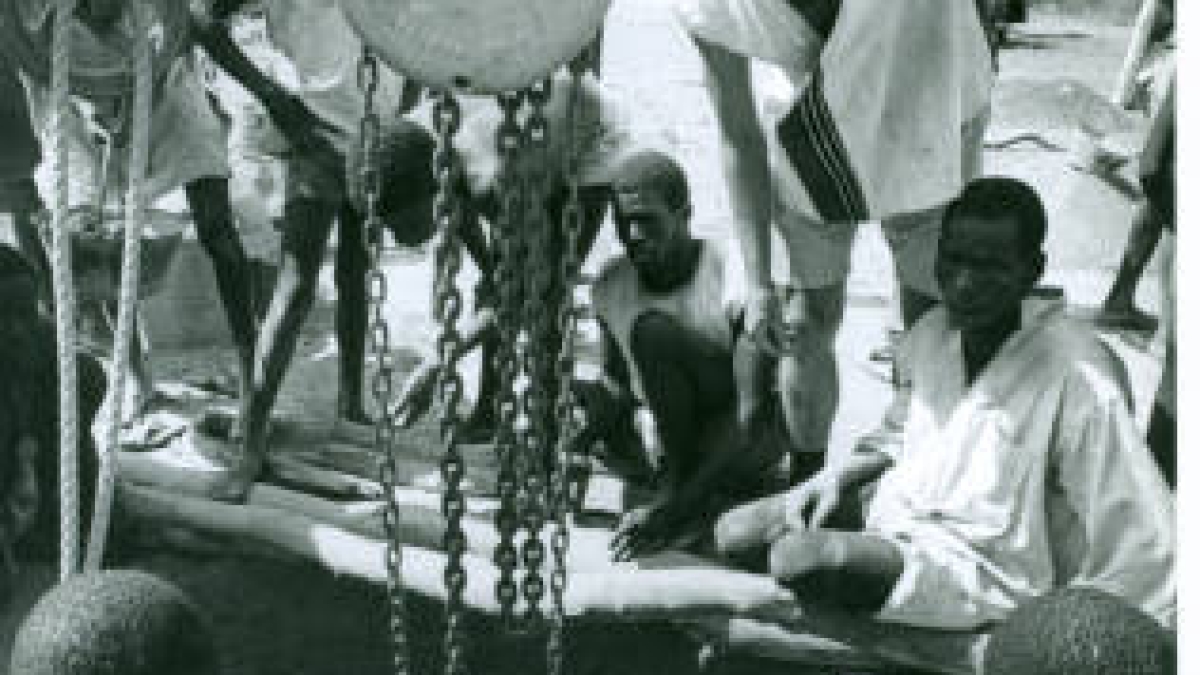ASU ranks among top 15 schools for Peace Corps volunteers

Arizona State University is the state’s top-producing school for Peace Corps volunteers taking the No. 14 spot on Peace Corps’ 2013 Top Colleges rankings for large national schools. The annual list recognizes the highest volunteer-producing colleges and universities for small, medium, large and graduate institutions. There are currently 62 undergraduate alumni from ASU serving overseas.
“Every year, graduates of colleges and universities across the United States are making a difference in communities overseas through Peace Corps service,” said Carrie Hessler-Radelet, Peace Corps acting director. “As a result of the top-notch education they receive, these graduates are well prepared for the challenge of international service. They become leaders in their host communities and carry the spirit of service and leadership back with them when they return home.”
ASU moves up five places from its No. 19 ranking the previous year. It also becomes the sole Arizona school to place in the Top Colleges rankings in any category and marks its fourth straight year among the top 25 large universities. Historically, ASU has produced 944 Peace Corps volunteers.
"Peace Corps announces Top Colleges annually to recognize the schools that contribute the most alumni who are making a difference overseas through volunteer service," said Janet Allen, Peace Corps West Coast regional manager. "We thank and congratulate Arizona State University as one of the 23 universities from the West Coast producing globally-minded leaders who turn idealism into action as Peace Corps volunteers. It's wonderful to see ASU move up five spots this year.”
Hessler-Radelet said the reason for ASU’s jump was the presence of field-based recruiter Lassana Toure, who served as a Peace Corps volunteer in the Kingdom of Tonga from 2004-2007 and works at the Tempe campus.
Toure wore many hats as a community development volunteer in Tonga. He taught geography, history and youth government courses at a local primary and secondary school. Outside of the classroom, he worked on a project to overhaul the village’s water system and coached soccer and track and field.
“Peace Corps was my chance to show the international community the new face of America,” Toure said. “We’re not what you see on TV or what you hear pumping through the radio.”
Toure's decision to join the Peace Corps as a staff recruiter was his way of “giving back to a great organization.”
Currently, more than 8,000 volunteers are working with communities in 76 host countries on projects related to agriculture, community economic development, education, environment, health and youth development.
During Peace Corps service, college graduates make a difference in communities overseas. Volunteers return home as global citizens with cross-cultural, leadership, language, teaching and community development skills that position them for advanced education and professional opportunities in today’s global job market. Ninety percent of volunteer positions require a bachelor's degree. Americans with backgrounds in agriculture, environment, teaching English as a second language, and other technical or language skills related to Peace Corps assignment areas are encouraged to apply for service one year in advance of their target departure date. The next application deadline is Feb. 28.
The Peace Corps ranks Top Colleges annually according to the size of the student body. Small schools have less than 5,000 undergraduates, medium-sized schools have between 5,000 and 15,000 undergraduates and large schools have more than 15,000 undergraduates. Rankings are calculated based on fiscal year 2012 data as of Sept. 30, 2012 as self-reported by Peace Corps volunteers.